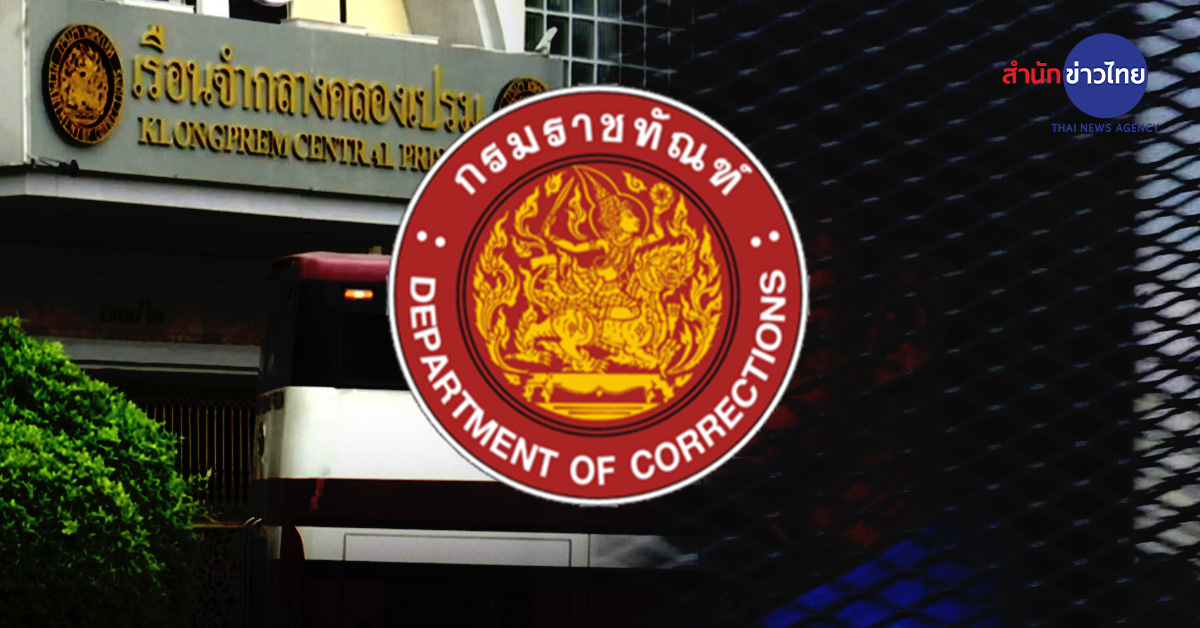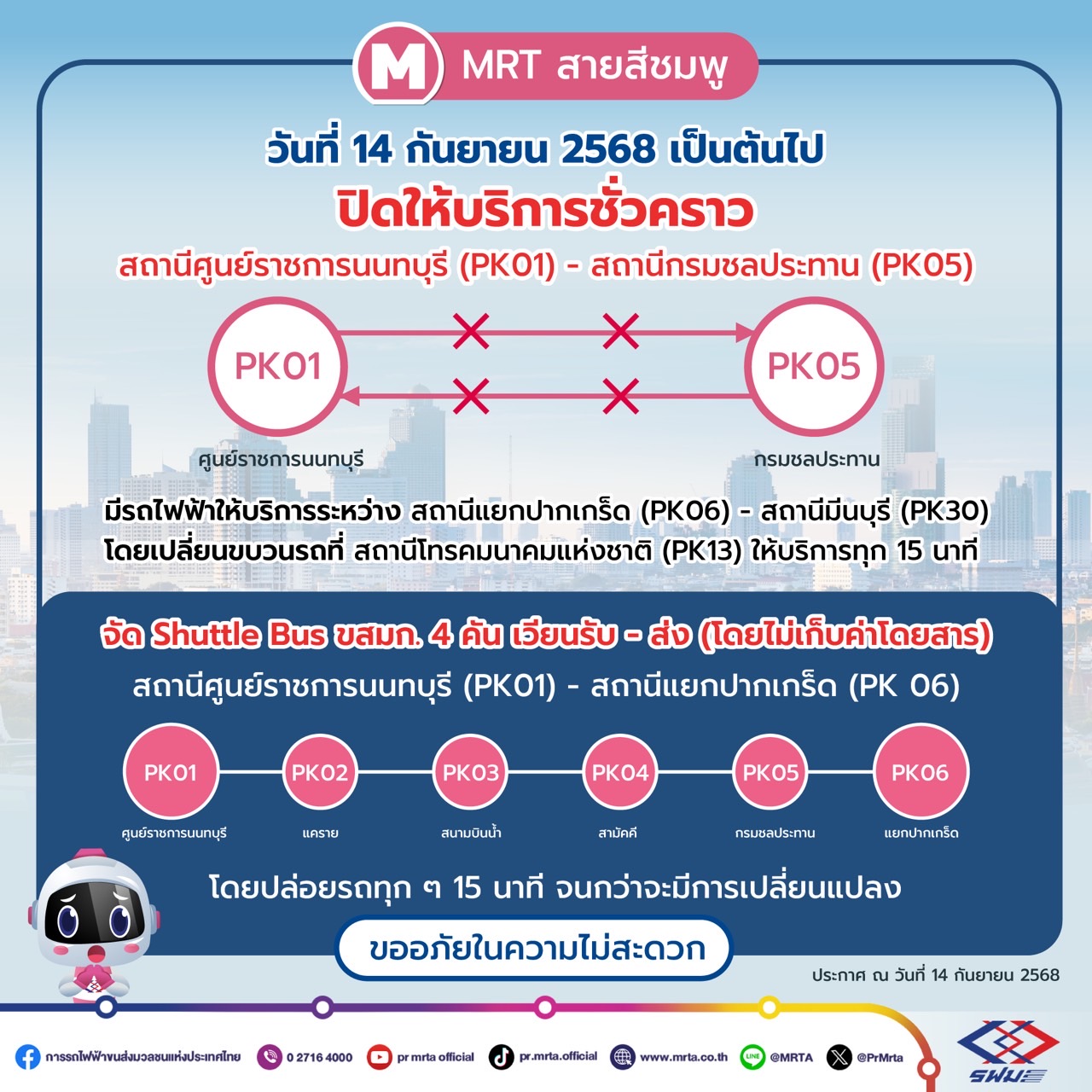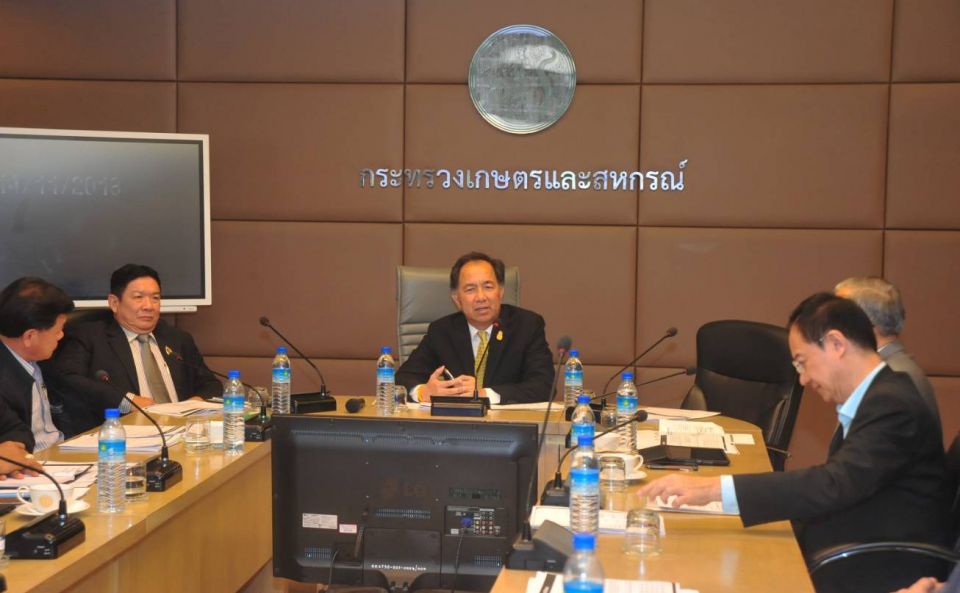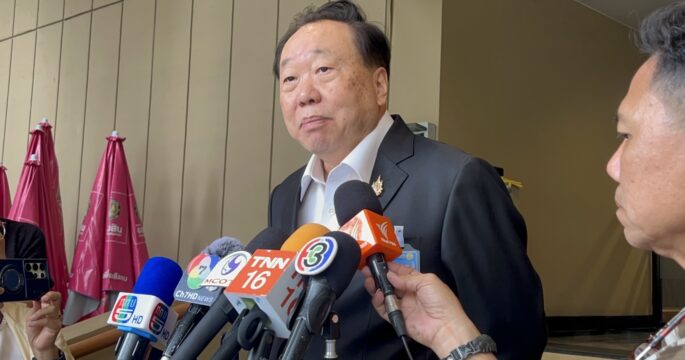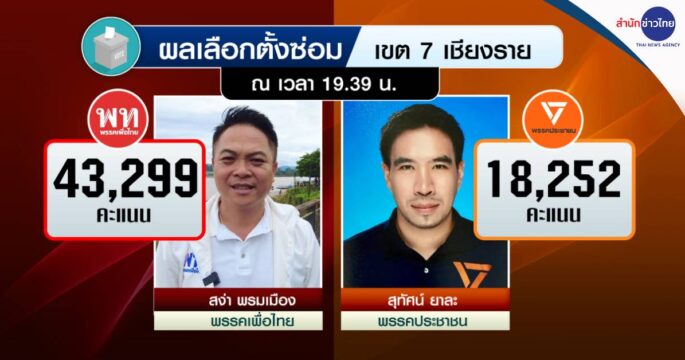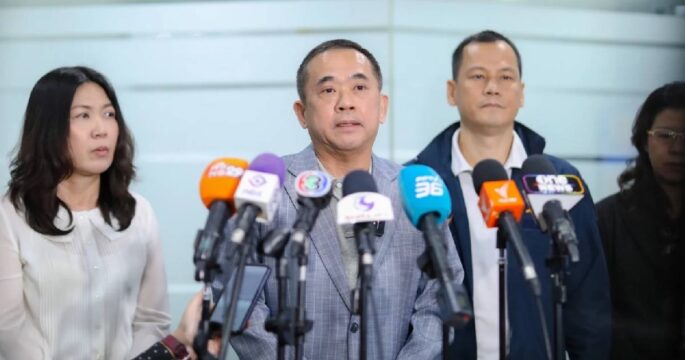BANGKOK, Nov 15 (TNA) – Thailand’s Ministry of Agriculture and Cooperatives is developing a new rubber price stabilization system to address, on the sustainable basis, the problem of a drop in Thai rubber prices.
Agriculture and Cooperatives Minister Kritsada Boonratch told journalists that his ministry will propose the new rubber price stabilization system to the Thai Cabinet for further consideration and a decision on November 20.
Kritsada said the move was in response to a recent order issued by Thai Prime Minister General Prayut Chan-ocha for his ministry to find the sustainable solution to the problem of a drop in Thai natural rubber prices in the short term, the middle term and the long term.
The minister stated that under the new system, jointly worked out by relevant public and private parties, including the Rubber Authority of Thailand (RAOT) and rubber exporters, many measures will be implemented to prop up the prices of locally-grown natural rubber in the short and the middle terms and to keep the Thai rubber prices stable at their appropriate levels in the long term.
According to the minister, the measures include a price subsidy of 2 baht per kilogram for local natural rubber plantations, as well as campaigns and tax incentives to boost the domestic demand of natural rubber by, for instance, the Ministry of Public Health for the production of bedding units for hospitals, the Ministry of Industry for the production of tyres and the Ministry of Interior for construction of roads, and to cut rubber growing areas from 14 million rai totally nationwide to 10 million rai totally nationwide (2.5 rai = 1 acre).
For a proposed short-term measure, the minister revealed that a financial compensation for rubber growing households at a reasonable level will be handed out for a certain period to support their living, probably at 1,500 baht per rai.
Based on official figures, Thailand has produced about 4.6 million tons of natural rubber annually, about 4 million tons of which have been exported and the rest have been supplied domestically.
If approved by the Thai Cabinet, local natural rubber plantations will be given the two-baht subsidy when their selling prices of raw rubber latex and rubber cup lump are lower than their market price of 37 baht per kilogram currently and when their selling prices of rubber ribbed smoked sheets are lower than 40 baht per kilogram. (TNA)


